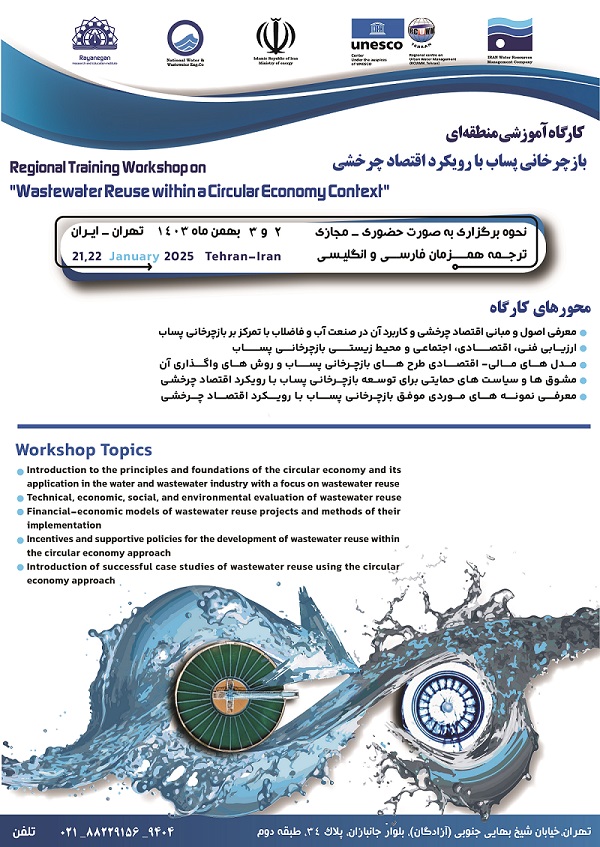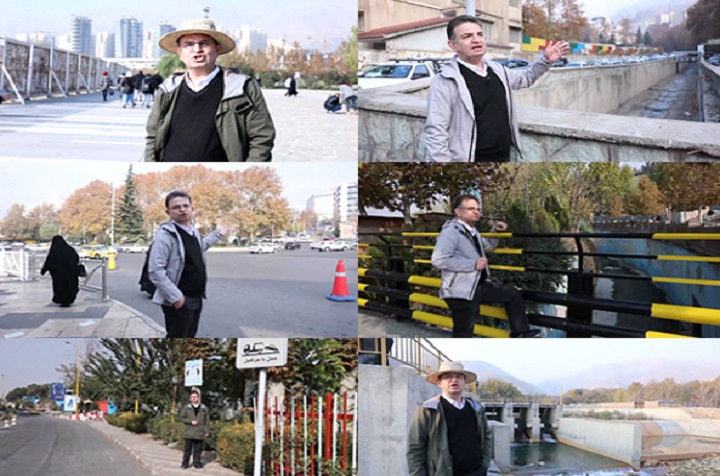South, West, and Central Asia’s vulnerability to disasters, in particular earthquakes, is a living fact throughout the history which has caused the destruction of huge quantity of habitats and claimed lives of a large number of habitants in this region. Added to the bundle of disasters, though gradually affecting the human lives and the environment, climate change could be considered in any study reviewing the Disaster Factor.
More than one billion people lack access to safe water and over three billion, half of humanity, do not have adequate sanitation facilities. This situation becomes even worse when human beings face natural or man-made disasters including conflicts simply because in a disaster scenario, water resources and facilities are among the first adversely and severely affected with dire consequences.
The failure to promote a safe and immune water supply with healthy hygiene practices prepared to encounter disasters often lead to transmission of infectious diseases in post-disaster times. To prepare for such a situation and avoid unwanted negative consequences of disasters on water and sanitation facilities, early identification of sustainable water and sanitary interventions are the responsibility shared by all and are crucial when it comes to saving lives and preventing casualties and diseases in disaster situations.
Experience gathered during recent disaster operations demonstrates the urgent need for highly skilled professionals with multifaceted specialized expertise in water supply, sanitation systems, earthquakes, and climate change, as lack of interdisciplinary personnel has proved to be a barrier to efficient and effective response.




